As part of President Biden’s US-Africa Leaders Summit this December, it is imperative that the agenda includes Africa’s long standing call for the United Nations (UN) Security Council Reform for the US to “demonstrate [its] enduring commitment to Africa”. In the aftermath of the Ukraine war, renewed interest for reform has emerged. In his address to the UN General Assembly US President Joe Biden expressed support for permanent seats for Africa, Latin America, and the Caribbean countries. French President Emmanuel Macron explicitly called for the addition of new members to the UN Security Council “to make it more representative” and “restricting the use of veto rights in the event of mass atrocities.” Naledi Pandor, Minister for International Relations and Cooperation of South Africa said that “It is unacceptable that 77 years after its establishment 5 nations wield disproportionate decision making power in the United Nations system as a whole.” Nigeria’s President Muhammadu Buhari has even called for the reform of other UN Agencies. These reforms are long overdue. But how committed are these new allies? Elliott Abrams, Senior Fellow for Middle Eastern Studies at the Council on Foreign Relations argues that “Security Council reform is bad for the United States and unlikely to happen […] I will have to hope that the current ‘reform’ efforts fail as all past ones have.” During this discussion we will hear whether or not these reforms should happen and what they mean for Africa.
Webinar Sponsor
Africa Faith and Justice Network
Co-sponsoring organizations
American Friends Service Committee
Maryknoll Office for Global Concerns
Samuel DeWitt Proctor Conference, Inc.
Pax Christi USA
Tuesday, November 29, 2022
10:30 am – 12:00 pm ET (US and Canada)
4:30 pm – 6:00 pm (Abuja)
5:30 pm – 7:00 pm (Johannesburg)
and 6:30 pm – 8:00 pm (Nairobi)
FEATURING
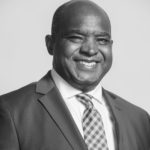
H. E Ambassador Allie Kabba
Ambassador Kabba has served as Sierra Leone’s Minister of Foreign Affairs and International Cooperation and Ambassador & Permanent Representative to the United Nations. In both capacities, Ambassador Kabba was unequivocal and consistent in advocating for the common African position on reform of the UN Security Council as enshrined in the Ezulwini Consensus and Sirte Declaration in order to correct the historical injustice done to Africa. He is the recipient of several awards in recognition of his distinguished leadership roles in multiple civic arenas. His multidisciplinary background in history, philosophy, political science and public policy analysis has shaped his strategic thinking and direction throughout his career in public service.
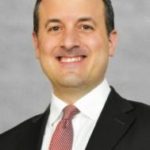
Dr. Richard Ponzio
Dr. Richard Ponzio is Director of the Global Governance, Justice & Security Program and Senior Fellow at the Stimson Center, where he also co-directs the Global Governance Innovation Network and serves on the Coalition for the UN We Need and Together First steering committees and Climate Governance Commission. Widely published, Dr. Ponzio has served in senior peacebuilding roles with the UN and U.S. State Department in Afghanistan, Bosnia, Kosovo, New York, Pakistan, Sierra Leone, and the Solomon Islands. To learn more about Dr. Ponzio click here
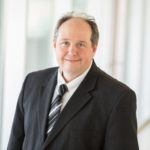
Prof. Martin S. Edwards
Dr. Edwards is Professor and Chair at the School of Diplomacy and International Relations at Seton Hall University. He is a recipient of grants from the National Science Foundation, a former Fulbright Visiting Research Chair, and a previous winner of University Teacher of the Year. He currently serves as an Associate Editor for International Studies Quarterly.
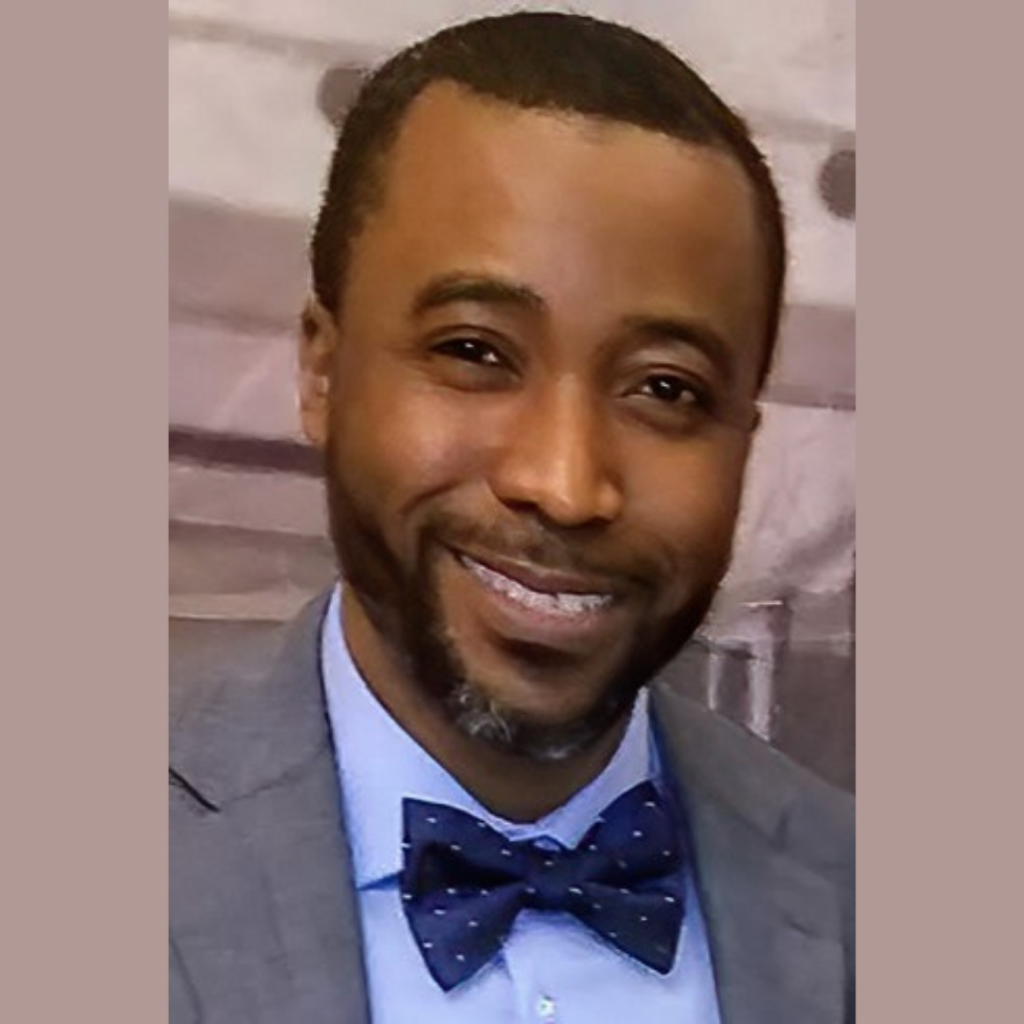
Dr. Steven Nabieu Rogers, Moderator
Executive Director
Africa Faith and Justice Network
Dr. Rogers has a background in public policy and urban planning with a special interest in globalization and governance in Africa. He has served in the public and private sectors as an academic, researcher, and thought leader. He also has several years of experience in higher education in Sierra Leone, the United States, and South Africa. Prior to joining AFJN, he was an Old Mutual Emerging Markets Fellow and Lecturer at the Graduate School of Business at the University of Cape Town, where he taught courses on Emerging Markets, International Trade, and Globalization.
BACKGROUND
During the 77th Session of the UN General Assembly (September 2022), these leaders called for the UN to be reformed.
U.S.-President Joe Biden
“I also believe, that time has come for this institution to become more inclusive, so that it can better respond to the needs of todays world. Members of the UN Security Council, including the United States, should consistently uphold and defend the UN Charter and refrain from the use of the veto, except in rare, extraordinary situations, to insure, that the council remains credible and effective. That is also why the United States supports increasing the number of both permanent and non-permanent representatives of the council. This includes permanent seats for those nations, we have long supported a permanent seat for countries in Africa, Latin America and the Caribbean. The United States is committed to this vital work.”
France’s President Macron
“That is why I would like us to finally begin Security Council reform to make it more representative, enable it to welcome new permanent members and to continue playing its full rule by restricting the use of veto rights in the event of mass atrocities. We must work together to build peace and the modern international order to serve the goals of our Charter. On this path, the United Nations can unfailingly rely on France. And on this path, each country here today can do so too.”
Germany’s Chancellor Scholz
“It is, to my mind, entirely natural that the up‑and‑coming, dynamic countries and regions of Asia, Africa and southern America must be given a stronger political voice on the world stage.”
DRC’s President Tshisekedi
“In this multipolar world, no country, however powerful and rich they are, can aim to overcome the challenges that I have just mentioned alone, let alone overcome them in the interest of everyone. The importance of what is at stake, the complexity of problems that need to be resolved and the scale of the task require an equitable multilateral approach, which includes the interests of each and everyone and which pools the energy of everyone in a climate of mutual respect. For that reason, the Democratic Republic of the Congo continues to think that it is essential that we better structure multilateralism and enrich it with equal treatment for all of the parties involved, in order to create spaces for dialogue and cooperation, which is something that we need in order to ensure international peace and security. That is the United Nations that we want. To do this, we need to act urgently to reform the UN, which seems to be lagging somewhat at the moment. In this context i would like to stress the need to satisfy the legitimate and just claim of Africa to be represented on the Security Council with two additional seats in the category of the non-permanent members and two others from among the permanent members with the same rights, including the veto, the same privileges and obligations of the current permanent members. This is a question of justice that needs to be done to a continent or indeed to an entire swath of humanity, who’s role continues to grow with each day that passes in the conduct of international affairs. We Africans are firmly attached to that.”
Macky Sall, President of the Republic of Senegal, Current Chairman of the African Union
“Nearly eighty years after the birth of the United Nations system and the Bretton Woods Institutions, it is time for a fairer, more inclusive global governance, that is more adapted to the realities of our time. It is time to overcome the reluctance and deconstruct the narratives that persist in confining Africa to the margins of decision-making circles. It is time to do justice to Africa’s just and legitimate demand for Security Council reform, as reflected in the Ezulwini Consensus.”
Nigeria’s President Muhammadu Buhari
“I remain firmly convinced that the challenges that have come so sharply into focus in recent years and months emphasize the call by Nigeria and many other Member-States for the reform of the Security Council and other UN Agencies. We need more effective and representative structures to meet today’s demands that have since outgrown a system designed for the very different world that prevailed at its foundation in 1945. Change is long overdue.”
Naledi Pandor, Minister for International Relations and Cooperation of South Africa
“Let us, Mr President, use this moment of renewal to reiterate our commitment to multilateralism as the only means of building a better world. The United Nations must of course itself be transformed, so that it serves its role cognizant of current global dynamics. It is unacceptable, that 77 years after its establishment 5 nations wield disproportionate decision making power in the United Nations system as a whole. Transformation of the UN must include more representative, transparent, and accountable organs of global governance. For this body to be effective, the General Assembly must be revitalized, the Security Council must be reformed.”
To be listed as a co-sponsor of this event or have questions, please email bahati@afjn.org
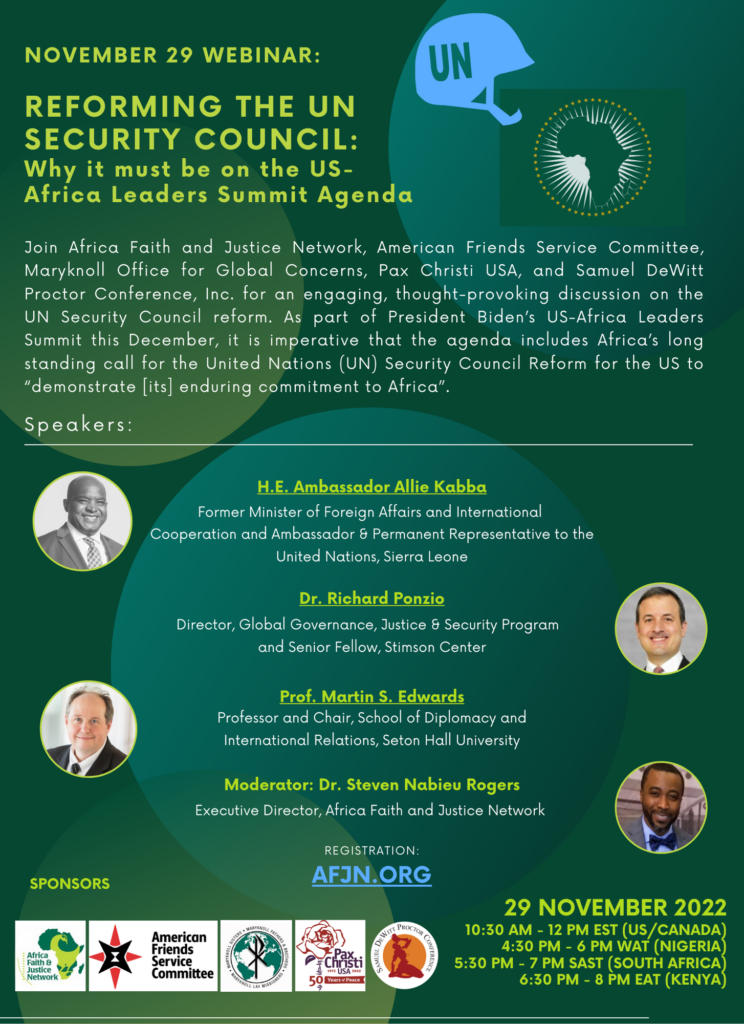
Click here for the pdf: https://afjn.org/wp-content/uploads/2022/11/Reform-UN-SC-1.pdf
